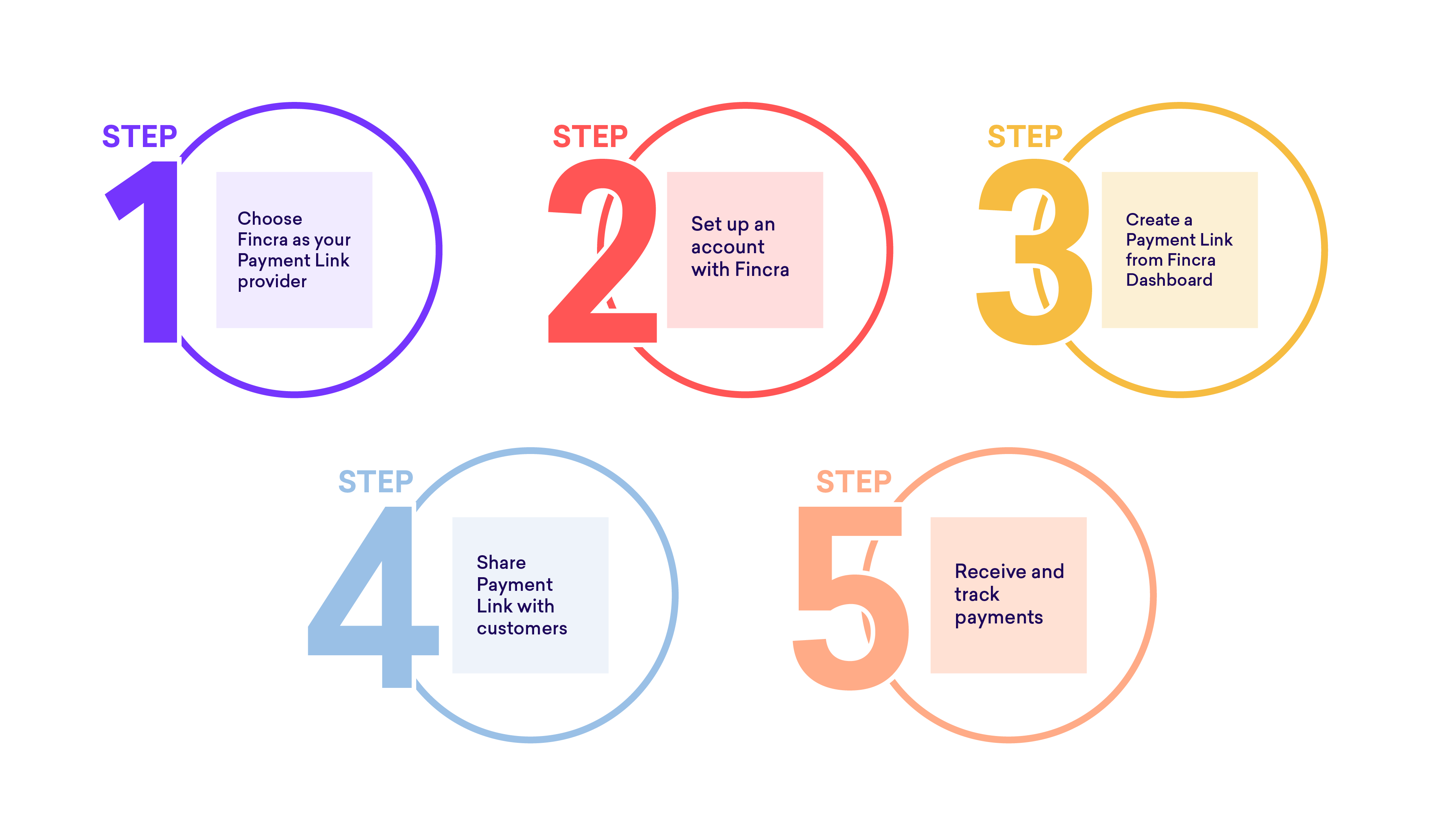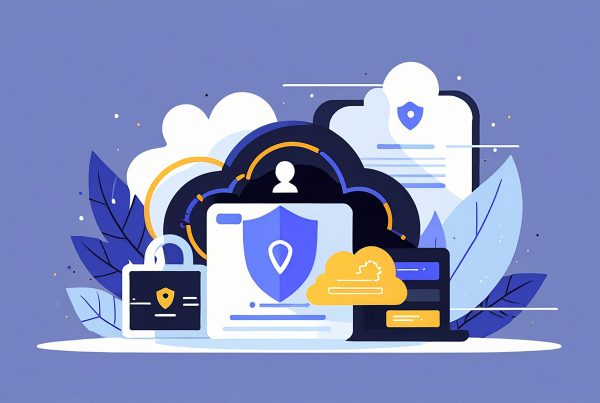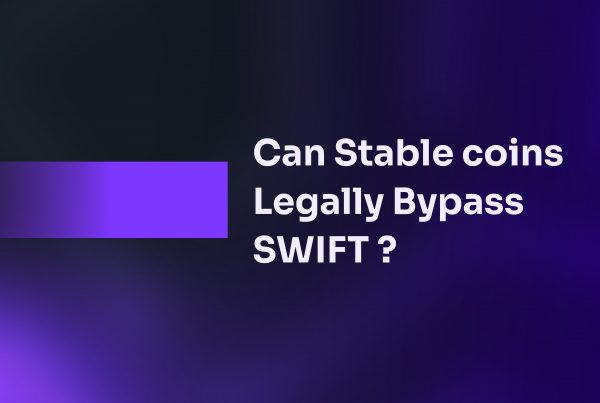Introduction
Given its broad reach across various sectors, the event industry’s impact on the economy is often underestimated.
Today, we are used to seeing many events, from conferences across various professional sectors to trade shows and entertainment events like concerts, festivals, parties, stage places, etc.
In Nigeria, for instance, an event consultant estimated the value of the events industry at $20b, which accounts for a significant 4% of the country’s 489.80 billion Gross Domestic Product (GDP).
As a payment gateway dedicated to connecting businesses to the local and global, we recognise the pivotal role of the event industry.
Fincra offers Payment Links, which hold immense value for the event industry.
This article explores the benefits of payment links for the event industry and how event organisers can use them to drive event ticket sales.
Understanding payment links
A payment link is a URL, button, or QR code that directs customers to a checkout page to complete a transaction.
Payment link has been an impactful invention for e-commerce, allowing businesses to receive payment with a simple URL.
The way payment links work has made them so impactful. With just a simple link, businesses can collect payment from their customers anywhere on the internet: on a website, via social media, email communications, chatbots, and messaging platforms.
Payment links of any form are straightforward tools, hence their impact on the internet economy.
Different forms of payment links
Businesses in the event industry can use any of these types of payment links to drive ticket sales.
Hosted payment pages
Hosted payment pages are web pages where event planners redirect customers to complete their transactions securely.
This form is often mistaken for embedded checkout, but they are different. With a payment link, the payment URL is simply placed on the website, while embedded checkout requires integration into a website.
Hosted pages typically have a branded layout and are hosted on the payment processor’s server, ensuring a seamless and secure checkout experience.
Customers enter their payment details directly on the hosted payment page, and once the transaction is processed, the flow redirects them back to the merchant’s website.
QR codes
QR codes are two-dimensional barcodes that ticket buyers can scan using a smartphone or QR code reader.
Businesses can generate QR codes linked to payment links and pages which customers can scan to make payments.
When scanned, the QR code redirects customers to a payment page where they can enter their payment information and complete the transaction.
QR codes are popular for contactless payments, in-store purchases, and event ticketing, providing a quick and efficient payment method.
Direct payment links
Direct payment links are URLs that directly lead to a payment page or checkout form, skipping intermediary steps like browsing through a website. They are the most popular form of payment links.
These links can be embedded in emails, text messages, social media posts, or websites, making it easy for customers to click and proceed to payment.
Direct payment links are often customisable, allowing businesses to pre-fill certain information or apply for discounts/promotions before the customer reaches the payment page.
They are effective for targeted marketing campaigns, one-click purchases, and streamlining the customer checkout process.
Fincra Payment Link
One of the first steps in mastering event ticket sales with payment links is to partner with a trusted payment provider.
Fincra offers Payment Links as a product to businesses in the event sector, enabling them to sell tickets to customers directly online.
Fincra offers a reliable payment gateway for event organisers to collect payments via cards, bank transfers, and mobile money. It also offers exceptional customer support to guide event planners in using payment links to sell tickets.
Steps to create a Fincra payment link for ticket sales

Event organisers can follow these steps to create a Fincra payment link to sell tickets.
Step 1: Choose a reliable payment gateway-Fincra
Selecting a trusted payment platform is pivotal, and Fincra emerges as a gateway offering reliable payment links for seamless transactions.
Step 2: Create a Fincra account
The registration process with Fincra is user-friendly. It involves providing business information and completing the know-your-customer (KYC) process in compliance with anti-fraud measures.
Step 3: Set up your payment link
Creating an account with Fincra and completing your KYC requirement gets you access to the Fincra Dashboard.
On the Dashboard, click ‘Collections ‘in the menu section and then click ‘Payment Link ‘.
On the ‘Payment Link’ overview page, click ‘Create a Payment Link’ at the top of the right section and fill in the details of your business name, link description, transaction amount, currency, etc.
Next, choose who bears the cost of the transaction; this could either be the business or your customer.
Then click on ‘Create ‘, and your payment link is ready.
Step 4: Test the payment link
Before making the link available to ticket buyers, conduct a thorough test to ensure seamless functionality. Process a test transaction to verify that payments are processed successfully and necessary notifications are received.
Confident in the link’s functionality, businesses can now share it with ticket buyers across various channels, reaching them anywhere online.
Using the payment link for ticket sales
After creating a payment link on Fincra, the next step is to integrate it into your event promotion to drive ticket sales.
Event planners can host the payment link on their website, promote it through social media and email marketing, and include the link in all communications with prospective attendees interested in the tickets.
Businesses across sectors have wildly adopted payment links because they are easy to use on different platforms.
Benefits of payment links for event organisers
Convenience
Payment links offer a convenient payment option for event attendees, allowing them to make payments from anywhere with internet access. This convenience can increase ticket sales and a smoother registration process for attendees.
Global reach
Payment links enable event organisers to reach a global audience, as attendees can easily make payments regardless of their location.
This global reach expands the event’s reach and potential for attracting participants from diverse geographical areas.
Real-time payments
Payment links facilitate real-time payment processing, ensuring that organisers receive funds promptly and can manage their finances more effectively. This feature is particularly beneficial for managing cash flow and budgeting for event expenses.
Customisation options
Payment links often offer customisation options, allowing organisers to tailor the payment experience to match their branding and event theme. Customised payment pages can enhance the overall attendee experience and reinforce brand identity.
Analytics and reporting
Payment link platforms often provide analytics and reporting tools that enable organisers to track ticket sales, revenue trends, and attendee demographics. These insights can inform future event planning strategies and marketing efforts.
Flexibility in payment methods
Payment links support various payment methods, including credit/debit cards, digital wallets, and bank transfers. This flexibility accommodates diverse attendee preferences and increases the likelihood of successful transactions.
Conclusion
The Payment link is the perfect tool for event organisers to sell tickets because it is easy to use.
Payment links are very sharable, enabling event organisers to sell tickets to interested customers anywhere online.
While advertising and promoting the event, organisers can quickly share payment links with interested buyers and make ticket sales immediately.
Fincra Payment Link is the perfect solution for the event industry. Create an account to sell your event tickets using payment links.




